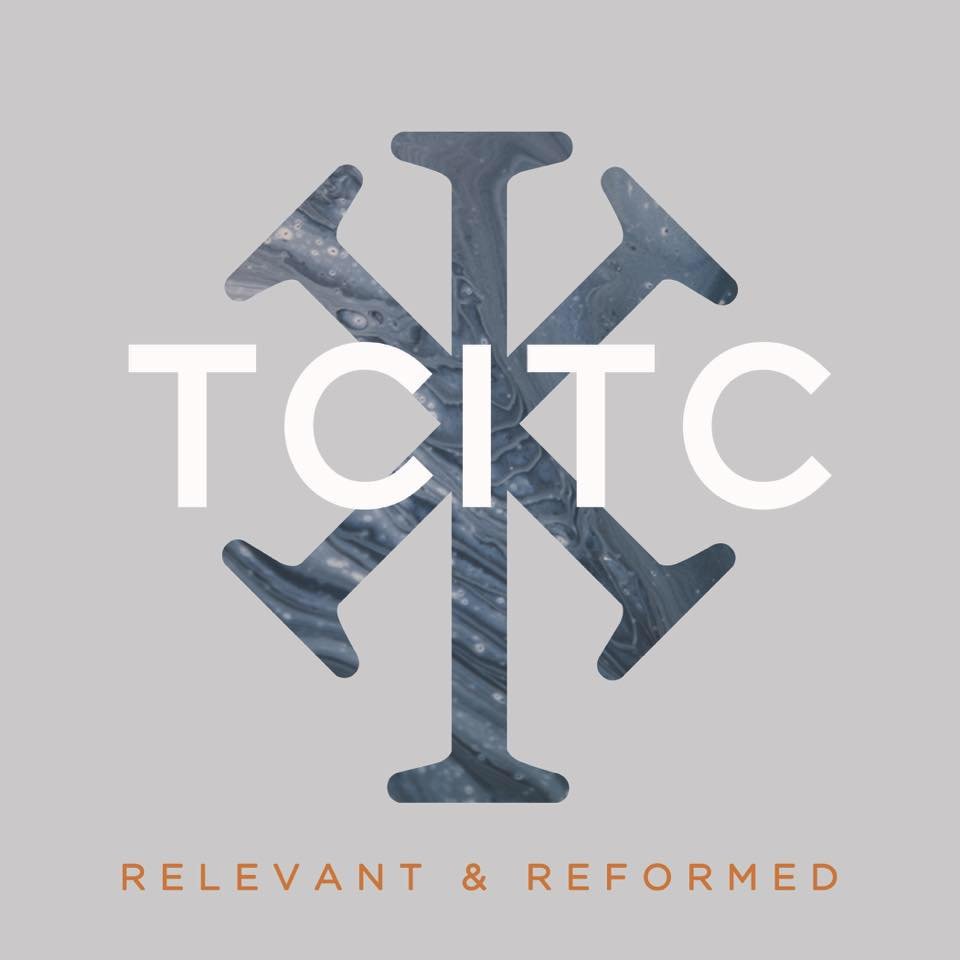Covetousness: Theft of the Heart
"You shall not covet your neighbor's house; you shall not covet your neighbor's wife, or his male servant, or his female servant, or his ox, or his donkey, or anything that is your neighbor's." – Exodus 20:17
The tenth commandment can be easy to gloss over. After all, my neighbor doesn't even have a donkey, nor do they have servants. Not only that, but after reading commands against idolatry and murder, the tenth commandment may seem a little less critical. "Sure, wanting someone else's stuff is bad, but it's not adultery," we might tell ourselves.
However, Christians know that none of God's commands are unimportant. Coveting is a serious crime against God and our fellow man, so severe that it is listed among such sins as murder, strife, and being a hater of God in Romans 1:28-31 and is characteristic of the man who has been turned over to a debased mind.
First, let's see if we can put this command into perspective by poking around the four categories that are listed:
House – "They have nice stuff," "I am so tired of this neighborhood," "It must be nice to be them," "They don't need all that room, but I could sure use it," “I would be far more comfortable if I had a place like theirs,” "Why do they have ________ while I'm stuck with ________"
Wife – "Look at her," "I wish I would have married someone like that", "He is so helpful and friendly – why am I stuck with my husband when there are men like THAT out there?"
Servant / ox / donkey – "My car is junk compared to theirs", "Looks like old so-and-so is going on ANOTHER vacation… must be nice", "Why am I stuck at this job?", "I wish my kids were as successful as theirs", “It’s probably easy to have a thriving business when your dad is rich,” "That promotion should have been mine."
Anything – "I wish I were smart like him", "Things would be a lot easier if I looked like her", "Why do other people get to have a normal family", "Why is my life so hard and everyone else's so easy?"
Do any of those sound familiar?
What Covetousness Is Not
First, not every kind of desire is coveting. Christ Himself knew hunger and thirst. He even desired, if it would be the Father's will that the cup of wrath on the cross would pass from Him (Luke 22:42). Jeremiah Burroughs in his book on Christian contentment, argued that lawfully seeking help under challenging circumstances, expressing our desires to God, and having a due sense of affliction are not violations of the 10th commandment nor are they a sinful discontent.
Second, it should be noted that the Bible commends desire in its proper place. Consider the following:
Sarah and Hanna – wanted children
Song of Solomon – sexual desire within marriage
Proverbs encourages hard work to improve your life
Psalms – to want more of God
Paul longing to be with the Lord (Phil 1:21)
Our problem is wanting the wrong things or desiring good things in the wrong way.
What Covetousness Is
Covetousness has been described as theft of the heart. There are two primary arms of wickedness attached to this sin. First, covetousness is not simply wanting something similar to my neighbors but a desire to have what is theirs. For me to have their house would mean they do not have it. For me to have their spouse would mean for them not to have that individual. It is a clear violation of the command to love one's neighbor. Second, It is a wicked accusation against God. Essentially, it is telling God that He is not good because He chose to give another individual something you deserve.
The Westminster Larger Catechism (Q/A148) describes the violations found within the 10th commandment like this: "What are the sins forbidden in the tenth commandment? The sins forbidden in the tenth commandment are, discontentment with our own estate; envying and grieving at the good of our neighbor, together with all inordinate motions and affections to anything that is his.
Signs of a Coveting Problem
Kevin DeYoung in his book The Ten Commandments: What They Mean, Why They Matter, and Why We Should Obey Them listed four help signs that you may have a coveting problem. First, If you are willing to hurt others to get more for yourself. Second, you are preoccupied with making and accumulating more stuff and too busy and distracted to care about God. Third, you are unwilling to give up what you already have. Last, you frequently grumble about the house, spouse, and quality/quantity of stuff.
Perhaps another good way to assess your heart is to fill in the blank, "I would be happier if _______________"
Conclusion
When we covet, we believe a lie about HOW God loves us. That lie sounds like this, “God, if you loved me, you would give me this.” Scripture and personal experience show us again and again that stuff does not bring joy or satisfaction.
Ecc 5:10 - "He who loves money will not be satisfied with money, nor he who loves wealth with his income; this also is vanity."
Phil 4:11-13 – "Not that I am speaking of being in need, for I have learned in whatever situation I am to be content. I know how to be brought low, and I know how to abound. In any and every circumstance, I have learned the secret of facing plenty and hunger, abundance and need. I can do all things through him who strengthens me."
Brothers and Sisters, let us turn to Christ and believe Him. Let us believe that joy, satisfaction, and contentment are found in His presence. (Psalm 16:11)
This article was originally published on patheos.com HERE

